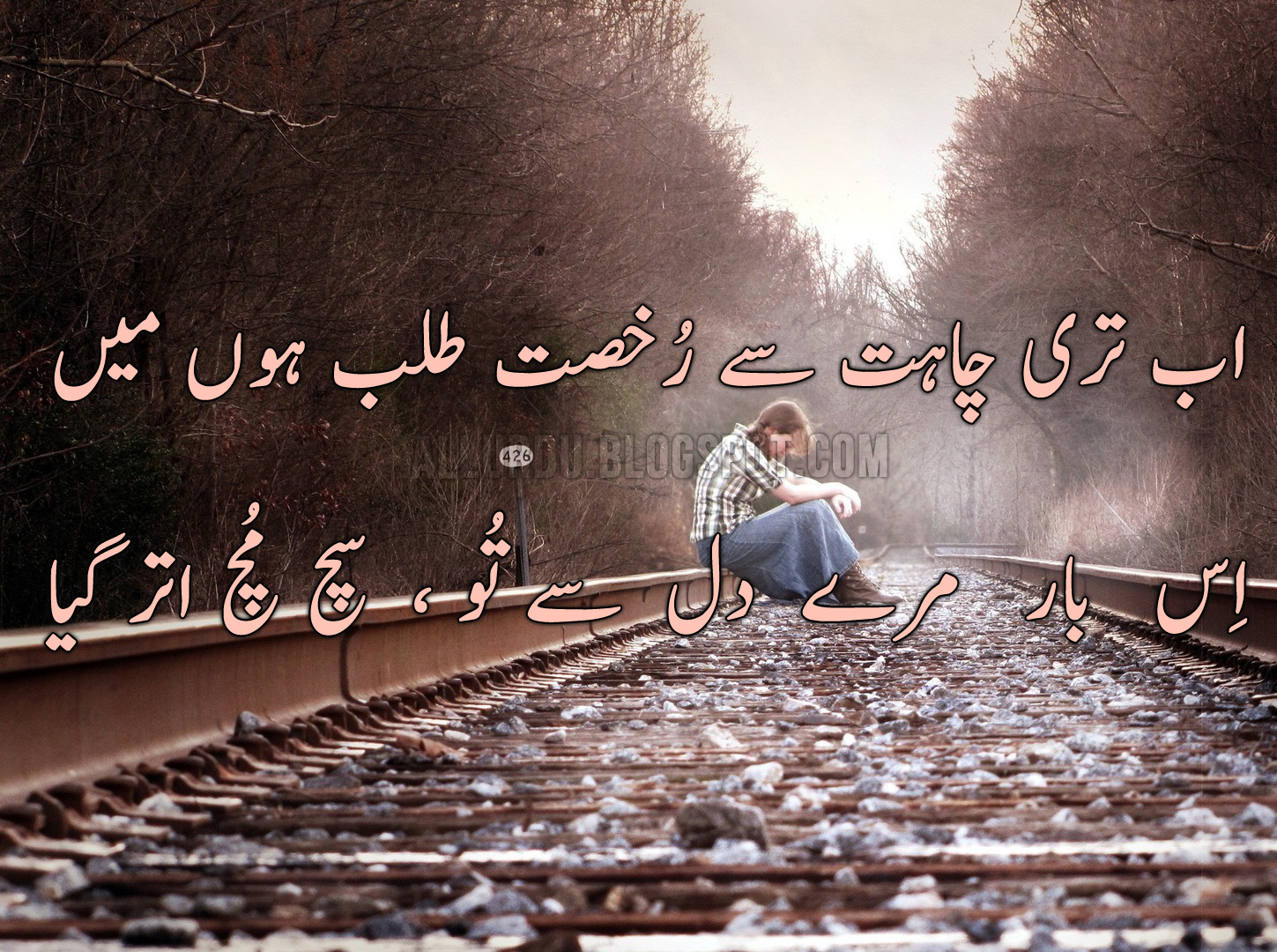
Ghalib’s untranslatability is not his alone. They must also be admired for the scrupulousness with which they have attempted the task, because the truth is that Ghalib is almost untranslatable.
.jpg)
Najeeb Jung is the first one who has undertaken this Herculean task and he and his publishers Rekhta must be commended for their ambition. At the height of the cultural revolution of the 1960s, the late Aijaz Ahmad put together a collaborative effort with such renowned American poets as Adrienne Rich, Robert Bly and William Stafford, a book that he later came to disown! Frances Pritchett, the Columbia-based Urdu Professor and scholar extraordinaire has been toiling at Ghalib for decades, but nobody has attempted the translation of the entire deewan ie the entire official approved output of Ghalib until now. This is not bad for someone who regarded himself primarily as a Persian poet and not an Urdu one.ĭown the years, there have been valiant efforts to translate Ghalib into English. Yet, outside Urdu circles, and often even within, lasting fame seems to have only been bestowed on Ghalib so that he has become not just the Urdu poet, but the Indian poet par excellence. However, Ghalib was only one of a constellation of glittering contemporaries such as Momin, Nasikh, Atish and Zauq, who all wrote like him ie in the same vein as he did. Quoted in Parliament, in comedy shows, in spoofs, it is likely that his would be the first name to come up if the unpoetically-inclined were asked to name a poet.

Shallow rhymes falsely attributed to him evoke immediate reverence, and a poetically-inclined young man is still hailed as a budding Ghalib in many parts of the subcontinent.

It is perhaps not an exaggeration to say that Mirza Ghalib remains the most well-known poet in India.


 0 kommentar(er)
0 kommentar(er)
